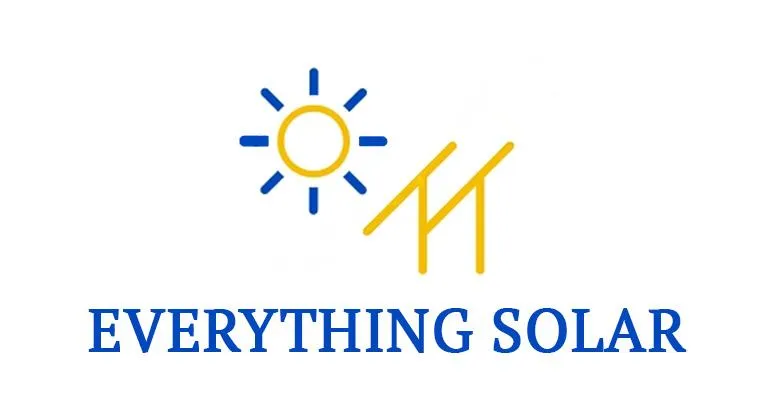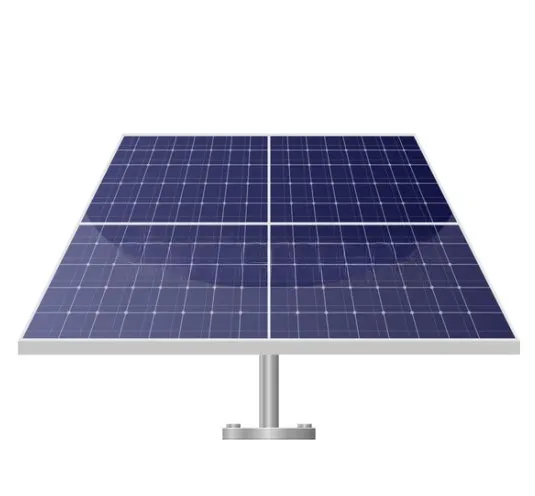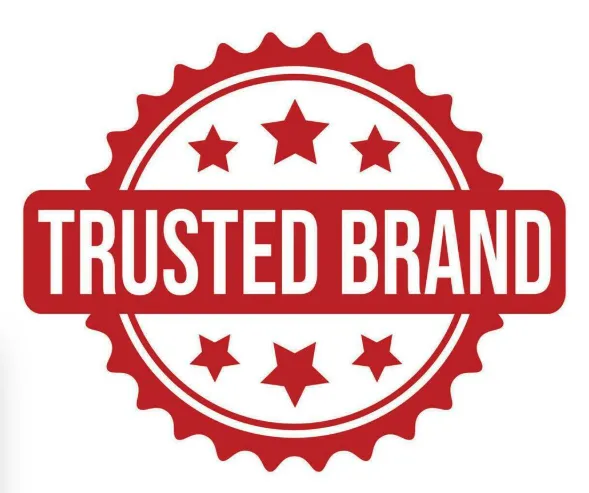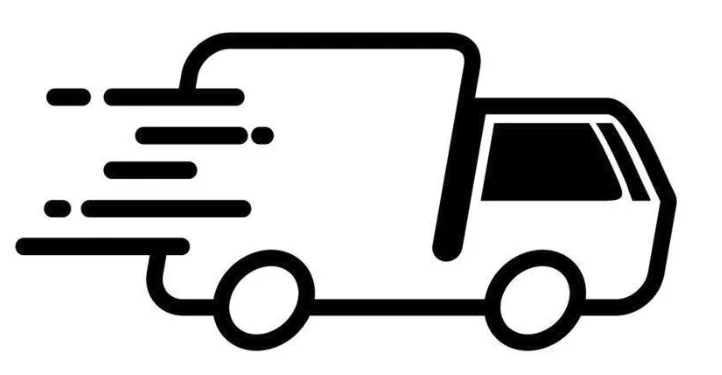Solar for Agriculture
Are you interested in solar power as an alternative source of energy? Agriculture and solar power go hand in hand resulting in a significant reduction in annual electric bill costs, saving 100’s of thousands of dollars over the life of the system. With the cost of energy rising so rapidly, there is no better way to fight inflation than producing your own electricity.
The applications for solar in agriculture are extensive solar water pumps and irrigation systems, powering drying systems, and bringing electricity remote areas are just a few to name.We at Everything Solar will evaluate a range of products to determine the best solution for you, whether that be an on-grid, off-grid or hybrid solar system.
Reduction of Annual Energy Expenses
For a properly sized system it is very common to see 60% to 70% reduction in annual energy expenses for the average daytime agriculture operation without a battery system. This is because the system utilizes self consumption so as the power is being produced during the day it is directly feeding into your breaker panels thus reducing your need to pull energy from the grid. For a panel only system a 16% to 17% rate of return on investment is very common, this coupled with the tax credits and deductions leads to a very fast return on investment, in most cases less than 3 years.
Tax Credits and Deductions
The Investment Tax Credit (ITC) is currently set at 30% of the system cost. Additionally systems that are installed within areas defined as an "Energy Community" qualify for an additional tax credit equal to 10% of the system cost.
Click Here to see if your area qualifies for this extra credit.
Tax Cuts and Clean Jobs Act of 2017 introduced “Bonus Depreciation” for the initial year of solar projects, enabling a portion of the project’s depreciable base to be depreciated in year one. In 2025, the depreciable base multiplied by the bonus depreciation rate results in up to 34% of the total system cost being eligible for Bonus Depreciation in year 1.
Commercial solar energy equipment is eligible for a 5-year cost recovery period under MACRS. MACRS is a depreciation system that allows businesses to deduct the cost of qualifying property over a set period.
Please consult with a licensed CPA for more details.
Low Maintenance Cost
Solar panels themselves have few moving parts and are designed to withstand weather conditions, so they don't require frequent maintenance. Occasional cleaning is the primary maintenance task.
This usually involves removing dust, debris, and bird droppings that can accumulate on the panels and reduce their efficiency. Solar systems don't require fuel, eliminating the need for fuel storage, refueling, or dealing with potential spills or leaks.
Low maintenance requirements translate into lower operational costs for solar farms, making them an attractive option for farmers looking to reduce energy expenses and increase profitability.
STEPS TO ENERGY INDEPENDENCE
01.
Energy Analysis
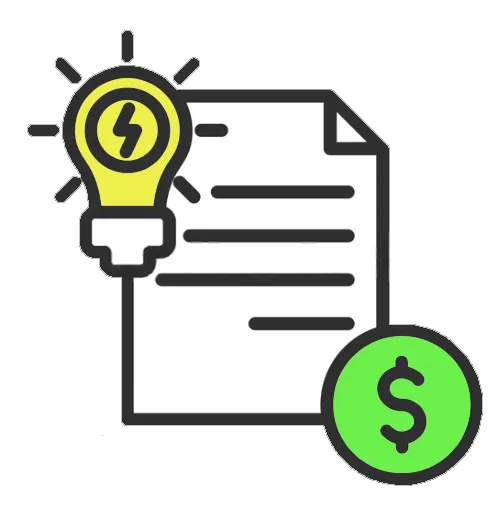
Simply provide us with your most recent electric bill and the address for installation
02.
System Design
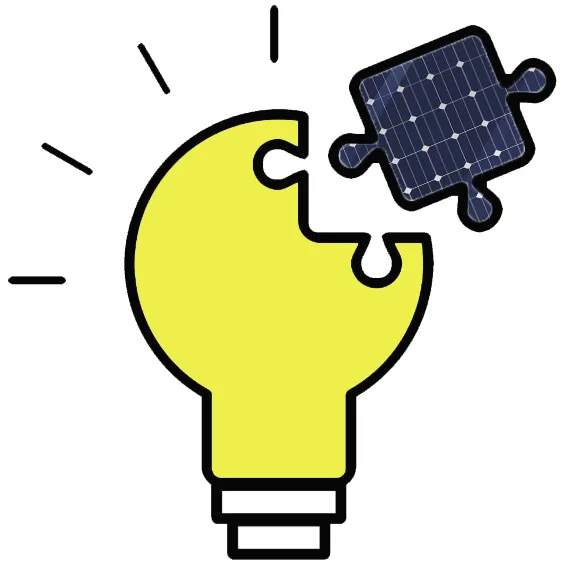
Our design team will create multiple system options for you to choose from.
03.
Consultation
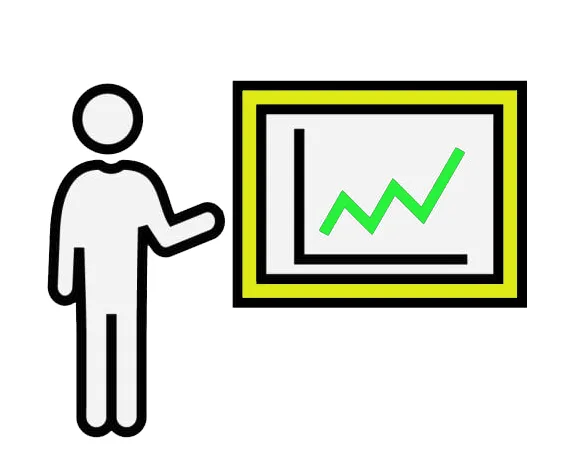
No sales pitch, just honest advice allowing you can make an educated decision.
04.
Install
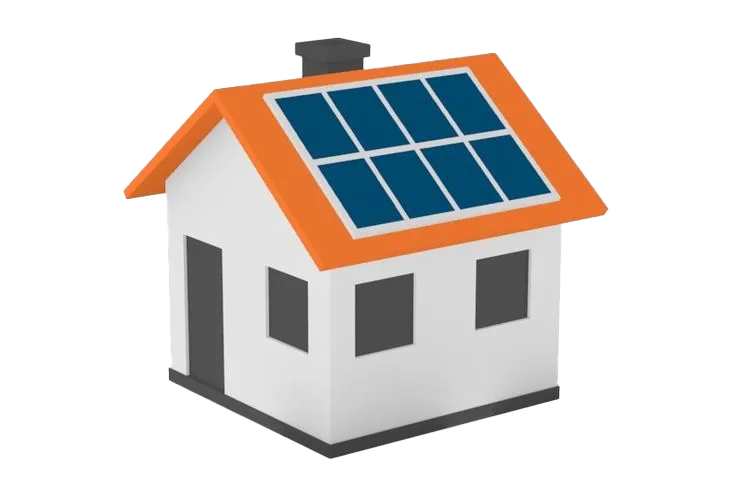
Begin enjoying the freedom of producing your own energy for years to come.

